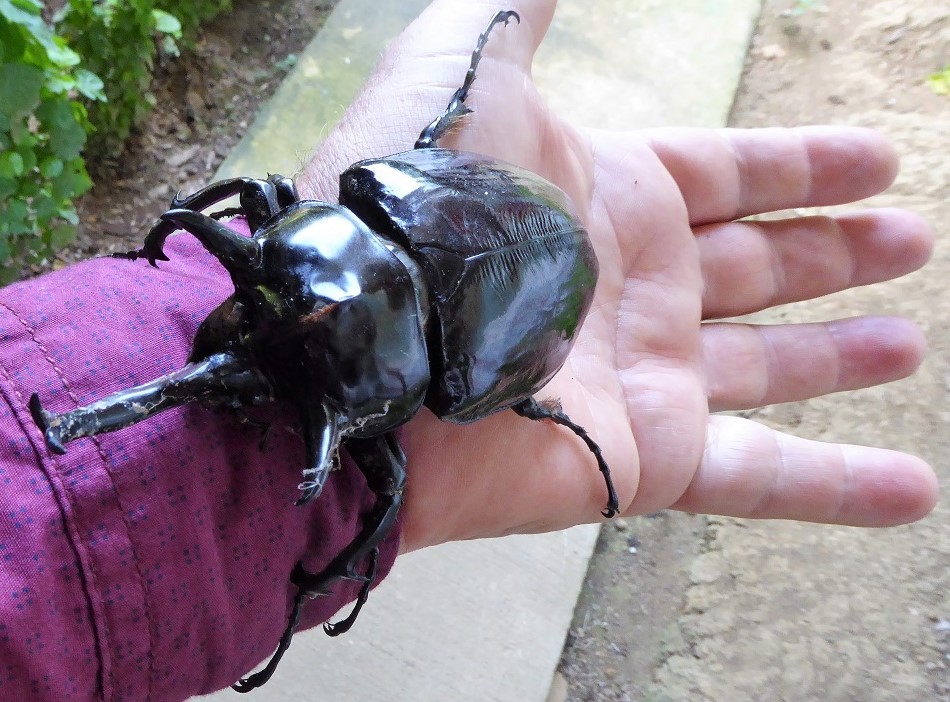
“Catch those responsible!” President Santos tweets with this picture of a spectacled bear.
The killing of two spectacled bears and over 20 manatees has been widely condemned
Two of South America’s only bear species have been killed since the start of this year. The Andean, or spectacled, bear is categorised as ‘vulnerable’ by the World Wildlife Fund (WWF).
Julia Miranda, Director General of National Parks, says that they are essential to maintaining the natural balance in forests and páramos because they disperse seeds and knock down trees, creating light for the renewal of forests.
The first death was reported at the end of January near Chingaza National Park, which has an estimated population of just 40-50 bears. A reward of COP$10 million has been offered for information on the hunters.
Just two weeks later, a second bear was found slaughtered in the Parque Nacional Natural Pisba, Boyacá.
The bear was only about two years old, and Environment Minister Gabriel Vallejo López said it was an irreparable loss for the biodiversity of the country.
“I call on all Colombians to condemn any attacks on our ecosystems and wildlife,” he said.

Low water levels leave manatees susceptible to attacks. Photo: US Fish & Wildlife
Manatees
In the Bolívar department, low water levels have left manatees more vulnerable to attacks from poachers and local fishermen.
The Amazon manatee is also on the WWF’s ‘vulnerable’ list. Once a common sight throughout the Amazon basin, persistant hunting has hit their numbers hard.
Mayor of Mahates, Víctor Guerra Olascoaga, says that over two dozen manatees have been killed in the past two months. In one case, police were called to a swamp near the village of Evitar and found a herd of six animals who had been stranded by the shallow water and massacred.
He told El Tiempo, “In Mahates, a kilo of manatee meat is being sold by fishermen for between COP$9,000 and COP$10,000, which is very appetising because the drought has taken away the fish.”
Colombia has recently passed a law giving harsher penalties for animal abuse. Those found guilty of killing or injuring wildlife or domestic animals face fines of five to 50 minimum salaries and possible prison sentences of one to three years.





